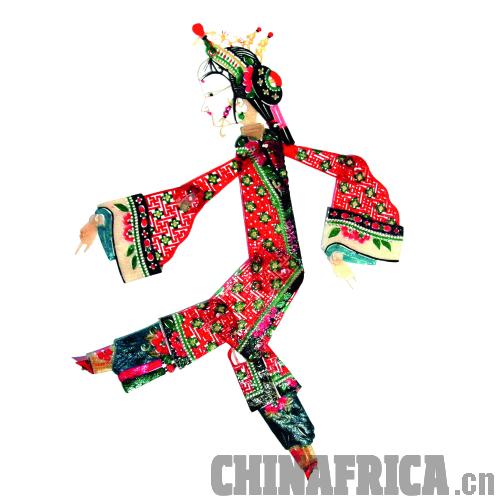|

Chinese shadow puppetry has moved into the light and got the recognition it deserves by being included on the United Nations Educational, Scientific and Cultural Organization (UNESCO) world intangible cultural heritage list.
The puppets are used to present a kind of drama in which silhouettes of hide-made characters are projected onto a white screen. The performers manipulate behind the screen while singing to tell the story.
In recent years, China has attached great importance to the protection of its intangible cultural heritages. Helping list them on UNESCO's List of the Intangible Cultural Heritage (ICH) of Humanity is only a part of its years of efforts to save them from extinction.
Rich heritage
China's 5,000 years of history have endowed the country with extremely rich cultural heritage.
Cultural heritage does not end at monuments, buildings or other objects. It also includes intangible cultural heritage, which is defined by UNESCO as "the practices, representations, and expressions, as well as the associated knowledge and the necessary skills, that communities, groups and, in some cases, individuals recognize as part of their cultural heritage."
Some examples include folklore, traditional music, dance and theater, social practices, rituals and festive events, and traditional craftsmanship.
It's estimated that intangible cultural heritage items in China amount to approximately 870,000. China is a multi-ethnic nation, so its cultural heritage features many ethnic and local characteristics that differ from the rest of the world.
"In China, a qualified cultural heritage has to meet additional criteria compared to the international standards," says Wang Zuoji, an expert of folk culture devoted to ICH protection. "It must have a history of more than 100 years, passed down through three generations."
According to Wang, many cultural heritage items in China have experienced many variations in order to keep pace with the times.
Until 2011, China had 29 items on UNESCO's List of the Intangible Cultural Heritage of Humanity, which means the country holds the largest number of listed items.
|